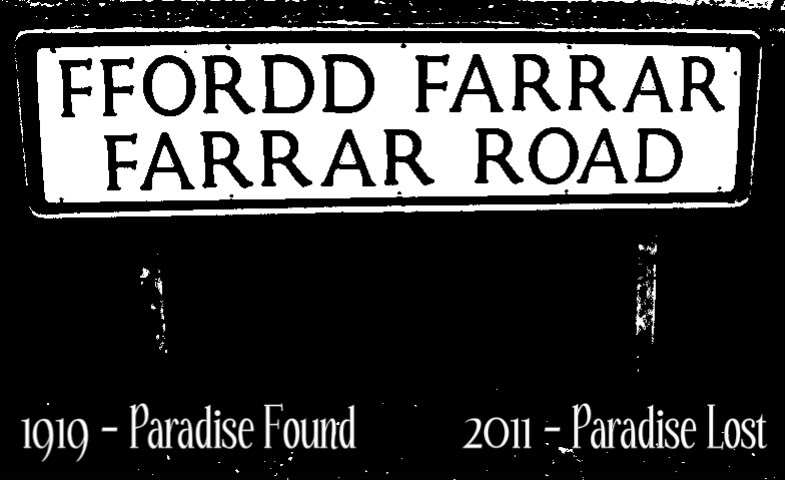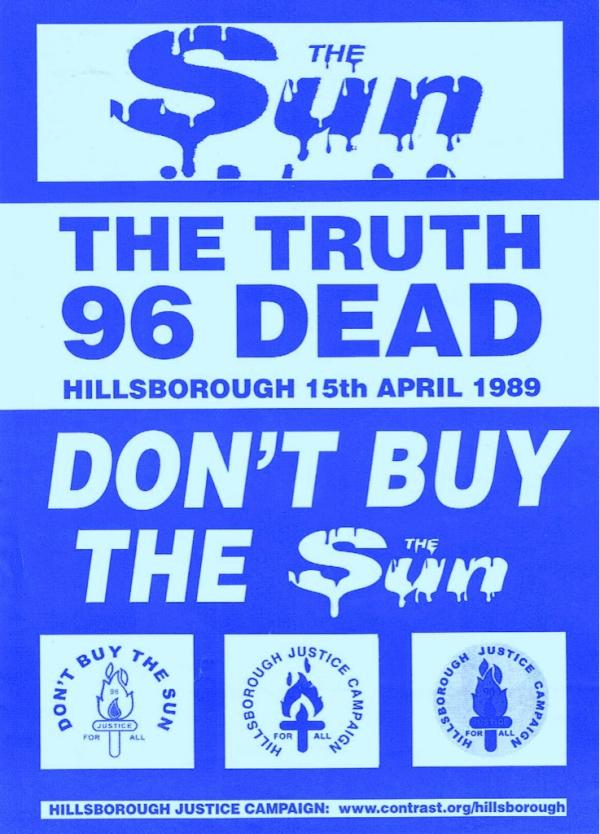An interesting article was posted on the When Saturday Comes website this morning;
The Champions League final has become monotonous
Not enough variety in the teams
A Lyon v Paris Saint-Germain final next season might mean the Champions League can pack up and go home. Now we have an all-German decider to go with the Spanish, Italian and English ones we’ve enjoyed this millennium, would a one-nation final from the last of its “Big Five” leagues mean UEFA can do no more for its richest members? Would an all-Ligue 1 affair be the natural end of the commercial revolution instigated by Napoli drawing Real Madrid in the first round of the 1987-88 European Cup? Considering what we’ve grown accustomed to, not likely.
It might seem a tad domestic for Bayern Munich and Borussia Dortmund fans but this season’s Champions League final pairing amounts to a pleasant change for the rest of us. This despite two clubs who between them have been European champions five times previously, meeting in a stadium hosting the final for the seventh occasion (and Wembley last had it just two seasons ago). Chelsea reached two finals in the last five years, between which we twice had Manchester United v Barcelona. The first ever all-German final is at least a new tune on the same old instrument.
We’re apparently living in the era of Barcelona and Real Madrid but this will make it six seasons since a Champions League final didn’t feature Manchester United or Bayern Munich. As well as Saturday evening’s venue, England has provided eight finalists in the last eight years. Liverpool faced Milan in both 2005 and 2007. In the 21 years since UEFA rebranded the old European Champion Clubs’ Cup, half the finals have featured one of the Milan clubs or Juventus. A decider between two teams from the same country remains the best hope of variation on a thoroughly staid theme.
The mono-nation European Cup final could’ve happened in the days of the pure knockout format, of course. It was a possibility whenever the winner failed to simultaneously defend their domestic league title. That it didn’t actually happen until the 21st century grants it a certain frisson – the immediate, micro-monopoly temporarily cancelling out the overriding one. Further short-term excitement is provided by historic repetition. It’s no coincidence that Real Madrid (1956 and 2000), Milan (1963 and 2003) and Manchester United (1968 and 2008) are winning the first one-nation finals in exactly the same order as they became the first club from their country to win the European Cup at all. It usually takes around four decades – Bayern won Germany’s first European Cup in 1974.
Real Madrid’s 1955-60 domination of the tournament included defeats of Barcelona, Atlético Madrid and Sevilla in semi- and quarter-finals. Barcelona finally stopped them in the second round of their fifth defence. Nottingham Forest famously eliminated holders Liverpool early in 1978-79. Juventus couldn’t retain the European Cup in 1985-86, but did defeat reigning Serie A champions Verona in the second round.
Now it often looks like one country is on the cusp of providing all the semi-finalists for Europe’s premier club competition, a feat only achieved once in any continental competition – the 1979-80 UEFA Cup by the Bundesliga. UEFA introduced selected national league runners-up for the 1997-98 season. Dortmund instantly highlighted what some of us thought a flaw in the system by winning the 1997 Champions League while finishing outside the top two in the Bundesliga. But three clubs from one country in the competition for champions was only the thin end of UEFA’s wedge.
Two French clubs who’ve never previously played in the European Cup final? It would blow the minds of couch potatoes across the globe. It would inject the competition with what, by its own standards, amounts to new life. Michel Platini could write his own ticket, while redoubling the prices of everyone else’s.”
I couldn’t help agreeing with the article as I’ve often had similar thoughts in the past, more than a couple of times.
I wonder if it’s too easy to hark back to a golden past? Didn’t Real Madrid, Benfica, Milan and Inter dominate the European Cup of the 1950s and 1960s? Weren’t Ajax, Bayern Forest and Liverpool the only clubs to win the trophy between 1971 and 1981? We could also factor in the idea that during the European Cup’s golden age (between 1956 and 1970) only 13 clubs ever made it to the final. In fact only 39 clubs (representing 13 countries) have ever reached the final of the European Cup / champions league.
You might argue that football competitions will be naturally dominated by the clubs best equipped to deal with the competition. In the past domination was based around sporting prowess so it wasn’t really a problem, today domination is a problem because it’s based around economic prowess. In short, the richer leagues dominate the champions league.
I’ll underline this idea with a few figures. (I’ll add the watershed of 1992 because that’s when the champions league was created). As I said above only 39 clubs (representing 13 countries) have qualified for the final of the European Cup / champions league.
- Before 1992 33 clubs (representing 13 countries) qualified for the final.
- Since 1992 17 clubs (representing 7 countries) have qualified for the final.
As we’re dealing with period of different lengths (56 v 20 years) the amount of clubs / countries may look comparable but the figures aren’t really comparable; 7 of the 17 clubs that have qualified for a final since 1992 have appeared in a single final.
The concentration of power in European football is unmistakable, the richer league dominate. Six clubs; Barcelona, Bayern, Inter, Man. Utd, Milan and Real Madrid, have made 25 final appearances between them.
This concentration of power is illustrated even more starkly if we disregard the anomalous clubs from countries outside the big four leagues (Porto, Monaco, Marseille and Ajax). The remaining thirteen clubs have made 35 final appearances between them.
Since 1992 four national leagues have dominated the finals of the champions league, it’s no wonder people are bored of the PR-led champions league.










[…] live and all that. I mean who am I to judge? I’m not above writing data-related blog posts (Here, here and here ). Football’s a broad church and we all do our own thing when it comes to […]
I certainly don’t think you’d see a club like Red Star Belgrade win the European Cup/Champions League ever again. I think money is only part of it though; not so long ago there were much more restrictions in place over contracts and other restrictions which hampered the free movement of players from one European country to the next both of which enabled clubs to hold onto their players for longer. The lifting of almost all these has changed the dynamics of European football. The big 5 have used their resource advantage to attract the top talent away from leagues like the Eredivisie leaving them stripped of their top stars. Ajax with their famous youth set up were a particular loser from all this. The problem too is that because of the top talent the gulf has grown ever wider, the clubs in these leagues get richer and the whole cycle becomes reinforced.
It’s obviously great for the top 5 leagues (or rather top 4), and for fans of the clubs who can pay to fill their sides with the best players the world has to offer, but the issue obviously becomes that football is uncompetitive. The irony though. is that ultimately the only solution to the dominance of these few leagues at a European level is for a European super-league with membership spread much across Europe so clubs like Ajax can compete. .